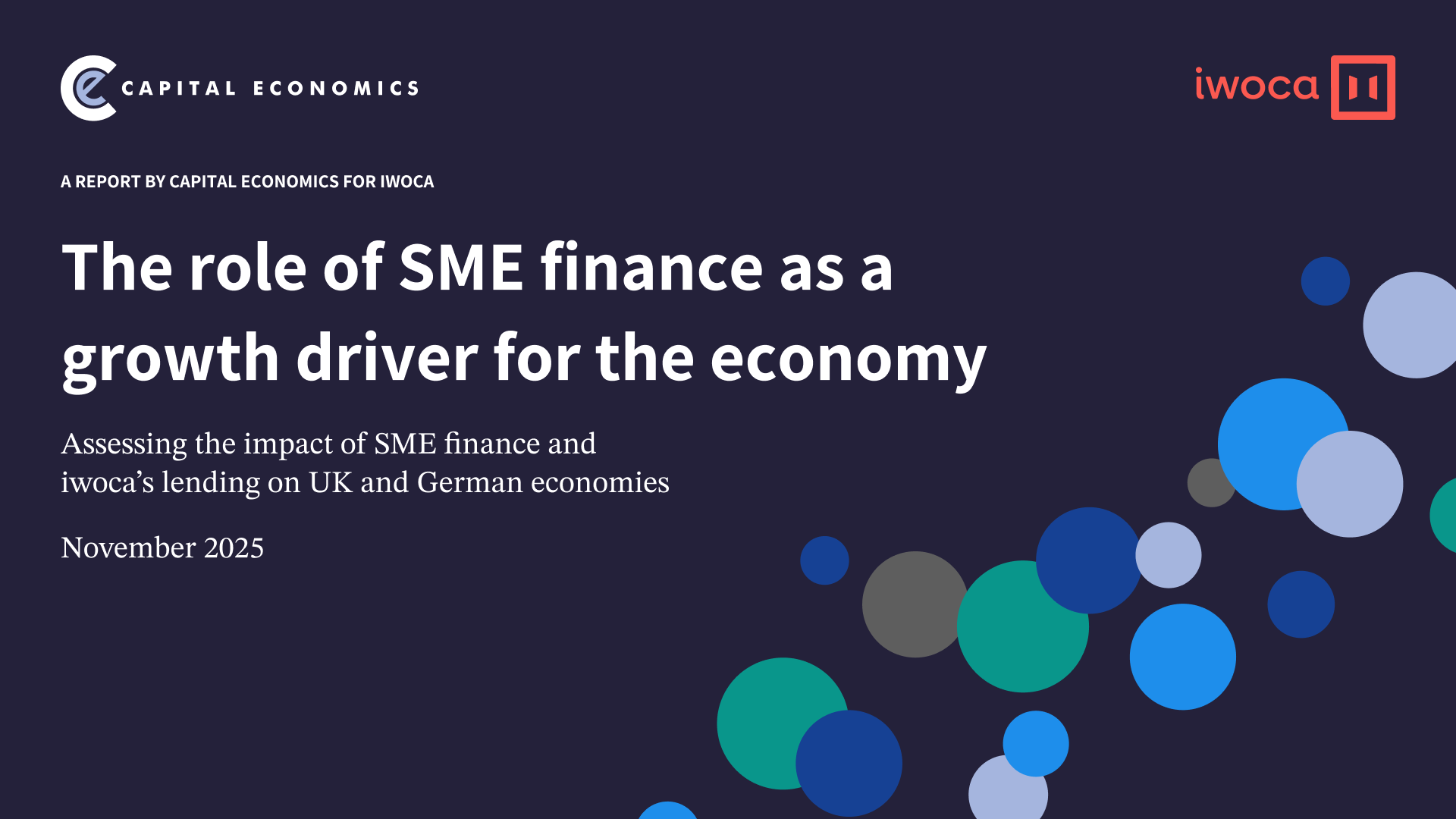Sole traders: the worst affected of all businesses by the pandemic
5
min read
Sole traders: the worst affected of all businesses by the pandemic






Nearly half of sole traders are now trading less than pre-COVID times
The number of sole trader businesses in the UK has grown by 28% in the last decade; they now account for 59% of the UK business population. Yet they’ve been disproportionately impacted by the impact of COVID: nearly half are trading less (or not trading at all) compared to pre-COVID times. This is compared to 33% of (limited) companies.
Where December 2020 saw a strict three tier system of restrictions, forcing many businesses to stop operations – only 14% of sole traders saw higher Christmas demand during the same period in 2021, when there were no restrictions in force (vs 22% of limited companies).
Sole traders’ sacrifices in 2021
The impact of the pandemic resulted in sole traders giving up their time, holidays and money in 2021:
- Over a quarter (28%) of sole traders worked extra hours
- Nearly a third (30%) used their own personal money to finance their business
- Nearly a quarter (23%) didn’t take any time off
- 1 in 5 gave up their salary
As we enter 2022, over a third (34%) of sole traders think they’ll be worse off by the end of the year than they were at the end of 2021. This is compared to 22% of limited companies.
And our previous reseach on the impact of COVID on sole traders revealed nearly 1 in 4 planned to take zero days off in 2022.
Our data illustrates how important it is that there’s tailored support available for sole traders this year.
{{finance-explained-cta="/components"}}


How to use payroll loans for small businesses

Business Loans comparison: High Street Banks vs. Alternative Lenders
Comparing the pros and cons of getting a business loan from traditional lenders and alternative finance providers, including how they differ in application processes, speed of funding, rates and flexibility.

Working capital ratio
Discussing the importance of calculating your company’s working capital ratio, what it represents and how to improve the ratio.






